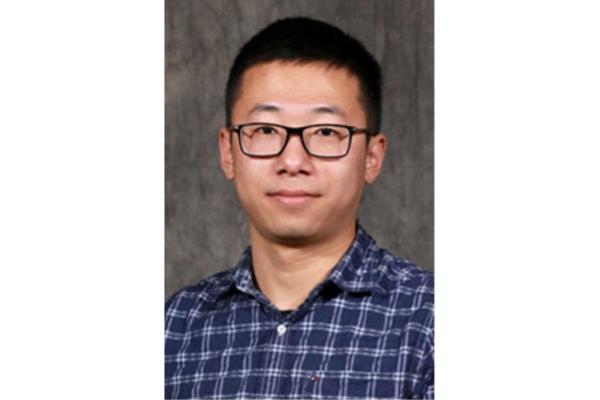
Join us for a Quantitative Psychology Colloquium with Dr. Dexin Shi (University of South Carolina)!
Those unavailable to attend the talk in person may join via this Zoom link.
Title: Discovering Causal Structures in Psychological Research
Abstract: The primary goal underlying many studies in the psychological sciences is to uncover cause-effect relationships. Despite its importance, identifying causal structures with observational data remains a challenging task in real-world applications. In this talk, I will present new methods for discovering causal structures by leveraging higher-order moment information within a linear non-Gaussian model framework.
In Study I, I will introduce a two-step algorithm based on distance correlations that provides empirical conclusions about causal directionality (i.e., whether X causes Y or Y causes X) with cross-sectional data. In Study II, I will present a multiple-testing algorithm designed to detect the presence of a causal path with two-wave longitudinal data (i.e., whether X at Time 1 causes Y at Time 2).
Both studies will include simulation evidence demonstrating the performance of the proposed algorithms, along with empirical examples that illustrate their applications in psychological research. The talk will conclude with a discussion of possible directions for future work.
About Dexin Shi: Dexin Shi is currently an Associate Professor in the Department of Psychology at the University of South Carolina. His research focuses on the development, improvement, and application of statistical methods for modeling psychological data, with particular emphasis on psychometrics, model fit and selection, causal inference, and missing data analysis. Dexin received his Ph.D. in Quantitative Psychology in 2016 from the University of Oklahoma and completed a postdoctoral fellowship at the University of South Carolina between 2016 and 2018. He joined the faculty as an Assistant Professor in 2018 and was promoted to Associate Professor in 2023. He received the Association for Psychological Science Rising Star Award in 2021. He currently serves as an Associate Editor for Multivariate Behavioral Research and sits on the editorial boards of Advances in Methods and Practices in Psychological Science and Educational and Psychological Measurement.
